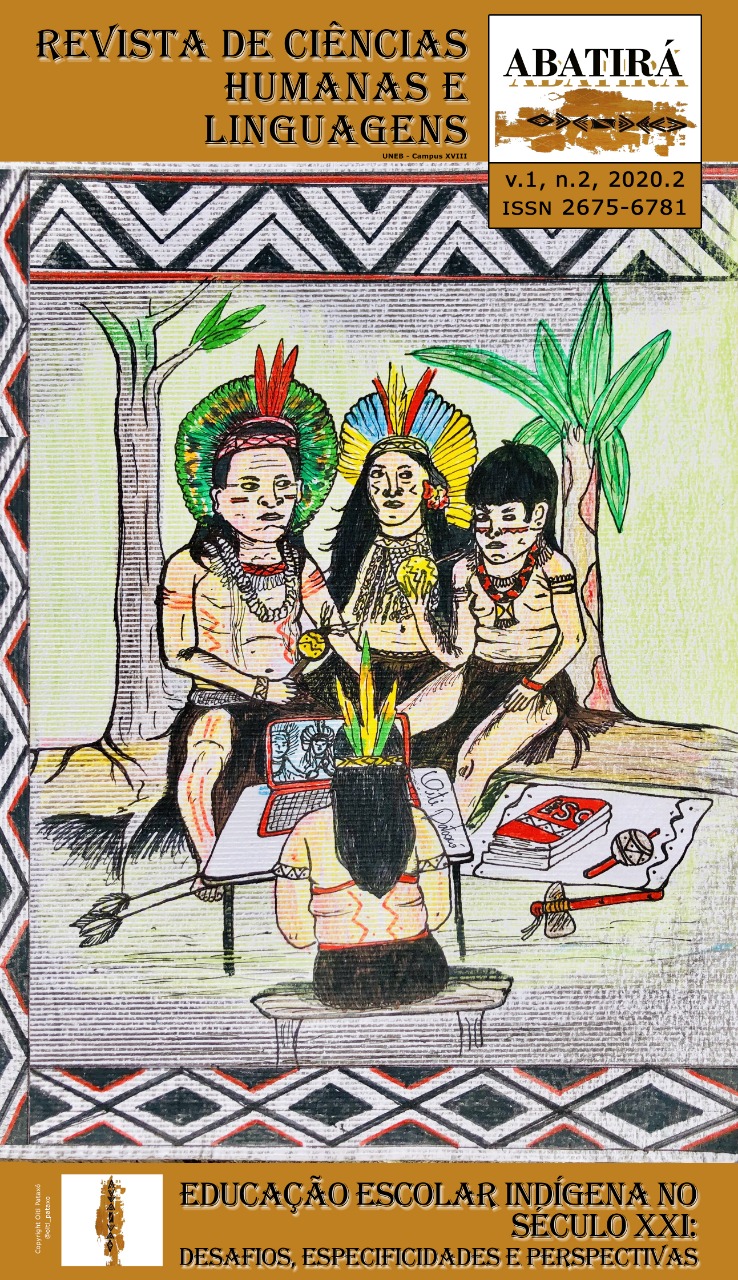Challenges and perspectives of Philosophy in Angola
Interview with Filipe Cahungo
Abstract
In the following interview, conducted by email between June 21 and July 2, 2020, Filipe Cahungo talks about his academic trajectory, Angolan philosophy and the relations – including tectonic ones – between Brazil and Angola. I hope that our dialogue can strengthen (on the intellectual and emotional levels) a relationship that already exists (on the historical and geological levels). I also hope that readers are not bothered by the fact that I use the Brazilian Portuguese spelling and he the Angolan one. As Rafael Haddock-Lobo explained, it is only possible to philosophize in Portuguese. Not because Portuguese is a metaphysically privileged language. Not because we lexically distinguish between “being [ser]” and “being [estar]”, something that neither the French or the German languages do. It is only possible to philosophize in Portuguese for a much simpler reason: it is in our mother tongues, with their particular spellings, that we feel most comfortable. Filipe Miguel Mário Cahungo was born on August 13, 1992, in the province of Bengo, municipality of Dembos-Quibaxe. He attended the “Seminar of the Missionaries of the Divine Word” in Angola from 2010 to 2016. In 2013, he joined the Instituto Superior Dom Bosco, a unit attached to the Universidade Católica de Angola, where he attended studies in philosophy as a Seminarian of the Congregação dos Missionários do Mundo Divino. In 2017 he graduated in Philosophy at the Instituto Superior Dom Bosco – Universidade Católica de Angola. He is a member of the Organização Ondjango Filosófico (FILONORG). He investigates African philosophy, African theology and African spirituality, and is the author of several academic articles.
Key-words: Philosophy in Angola; African Philosophy; Philosophy in Brazil
Downloads
Downloads
Published
How to Cite
Issue
Section
License

Este trabalho está licenciado sob uma licença Creative Commons Attribution 4.0 International License.Você é livre para:
Compartilhar - copia e redistribui o material em qualquer meio ou formato; Adapte - remixe, transforme e construa a partir do material para qualquer propósito, mesmo comercialmente. Esta licença é aceitável para Obras Culturais Livres. O licenciante não pode revogar essas liberdades, desde que você siga os termos da licença.
Sob os seguintes termos:
Atribuição - você deve dar o crédito apropriado, fornecer um link para a licença e indicar se alguma alteração foi feita. Você pode fazer isso de qualquer maneira razoável, mas não de uma forma que sugira que você ou seu uso seja aprovado pelo licenciante.
Não há restrições adicionais - Você não pode aplicar termos legais ou medidas tecnológicas que restrinjam legalmente outros para fazer qualquer uso permitido pela licença.





